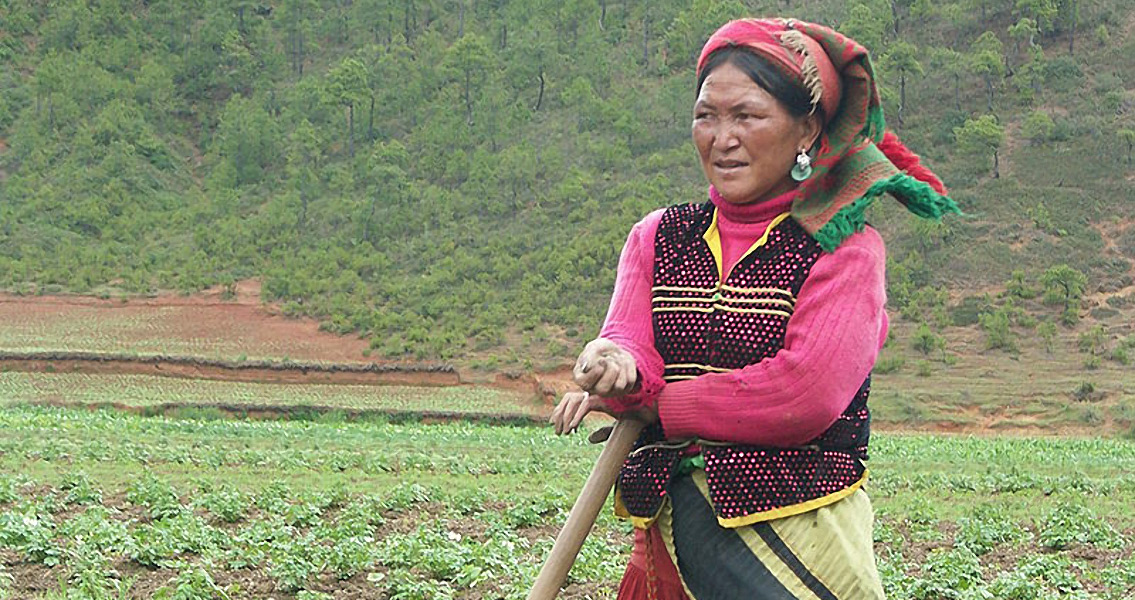<![CDATA[Why is it that people, unlike almost every other animal, co-operate with individuals they have no immediate genetic relation to? There is a long-held belief that this tendency is somehow related to traditions involving women moving out of their families and going to live with the families of their husbands. Apparently, these traditions encourage co-operation with neighbours in the absence of the immediate family. One new study in this area, conducted by researchers from University College London and the Chinese Academy of Sciences in Beijing, has yielded support for this belief. The team studied several ethnic groups living near the Chinese-Tibetan border. In one of these, the Masuo people, there is no tradition that requires women to leave their homes after marriage. In fact, both men and women in this community continue to live with their birth families after they marry, with the men visiting their spouses during night hours only. In the other groups that the team studied, marriage dispersal, as it’s called by anthropologists, was a tradition. The researchers had people from 36 villages in the region play economic games, such as putting money in a common pot or taking tea from a common pot, one of the authors of the study, Ruth Mace, says in an article for the Conversation. The economic games allowed the team to measure the extent of co-operation characteristic in the participants. What they found was that indeed the people who lived in communities where marriage dispersal was the common tradition were more likely to co-operate with others. This also supports biological models that suggest low co-operation is linked to low marriage dispersal because competition for resources is greater in these communities. However, Mace notes that there have been studies in the past that have suggested it is the other way round and people in close-knit communities with no tradition of marriage dispersal are actually more likely to co-operate. It seems that the issue is complex and will require a lot of further work. Mace points out that there are other variables that could affect the extent of co-operation, such as overall affluence in the community or sources of livelihood. The Chinese-British team controlled for these by collecting a wealth of background information about the communities where they tested the economic games. This led to some additional interesting findings, such as that farmers were generally less co-operative than people who had other means of subsistence, and that men were generally more co-operative than women. At the same time, age did not seem to have a significant effect on co-operation. None of these factors, though, could obscure the main finding: that the most co-operative communities were the ones where women moved to their husband’s home after marriage. Mace goes on to add that the extent to which economic games reflect real behaviour is uncertain. However, given that manipulating human social organisation is impossible in the real world, this method can be very important in our attempts to understand the evolutionary and ecological basis of human behaviour. For more information: “Cooperation is related to dispersal patterns in Sino-Tibetan populations ” Image courtesy of Wikimedia Commons user: Zoharby ]]>
Marriage Dispersal Drives Human Co-operation
